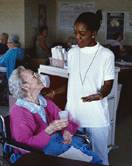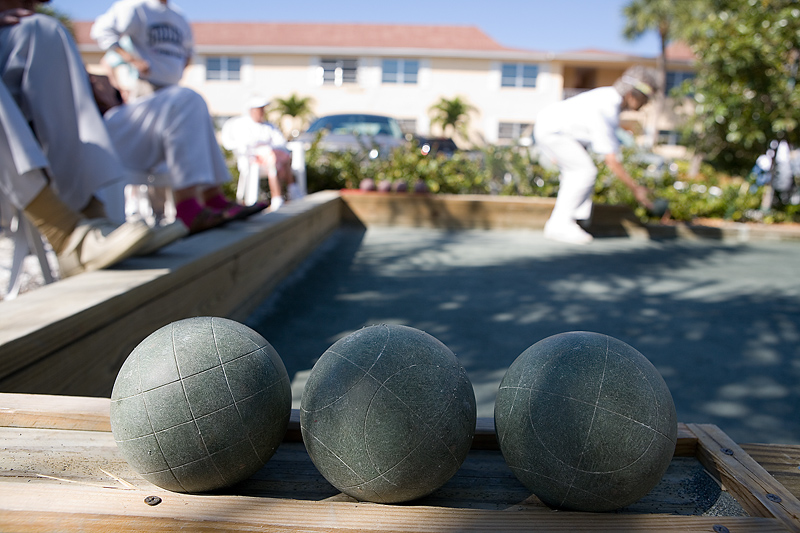
TUESDAY, Feb. 8 (HealthDay News) — Medication errors in homes for the elderly are much less likely to occur if residents are given pills or capsules dispensed from a monitored dosage system, finds a new British study.
A monitored dosage system is a tray or cassette with compartments for one or more doses for a particular day or a given time. They’re designed to simplify drug rounds for care-home staff and reduce the risk of medication errors.
The study included 233 residents in 55 homes for the elderly in the United Kingdom. Pills and capsules in dispensers accounted for 53 percent of medicines given to the residents, followed by pills not in dispensers (29 percent), medicines in liquid form (9 percent) and medicines in inhalers (4 percent). The remainder were injectables, creams and eye drops.
Compared with a pill/capsule from a dispenser, mistakes were two times more likely to occur with a pill/capsule not in a dispenser; four times more likely with a liquid medicine; 19 times more likely with a cream, injection or eye drop; and more than 33 times more likely with an inhaler, according to the report.
David Phillip Alldred, of the Academic Unit of Medicines Management, School of Healthcare at the University of Leeds, and colleagues published their findings online Feb. 8 in the journal BMJ Quality and Safety.
The researchers noted in a journal news release that seniors are already at increased risk for drug errors and subsequent consequences because they often take several types of medicines and metabolize drugs differently than younger people.
More information
The U.S. National Institute on Aging offers medicine safety tips.

